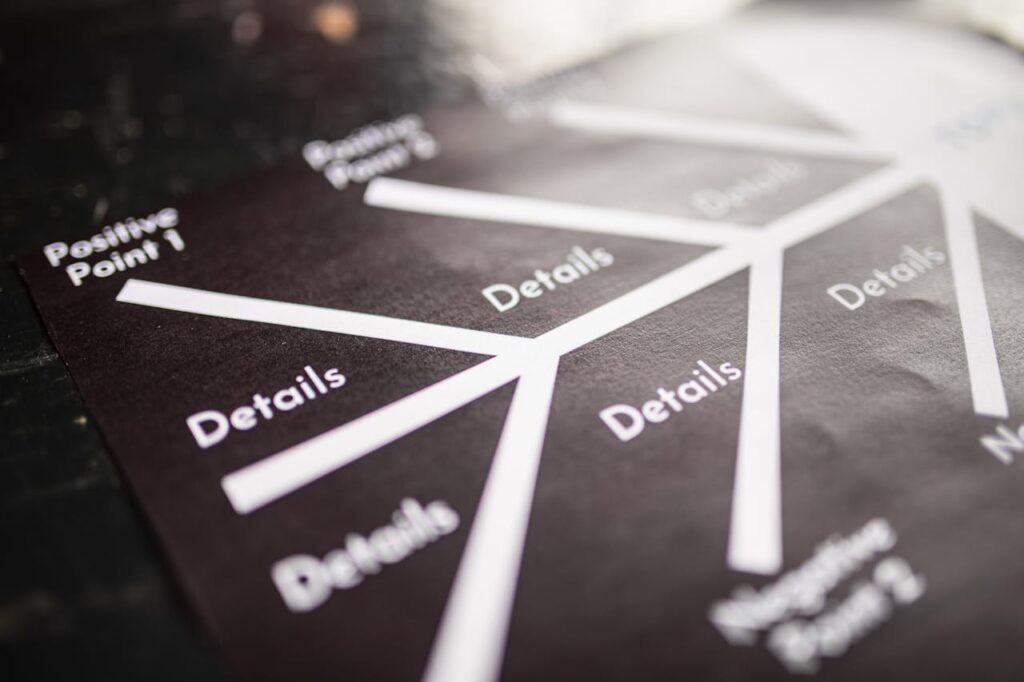If you’ve ever looked at a beautifully designed website and thought, “I wish I could do that,” you’re not alone. The good news? You absolutely can. You don’t need a degree or ten years of experience—just the right mindset, some consistency, and a clear path forward.
Here’s how to learn web designing, broken down into nine powerful, practical steps.
1. Understand What Web Design Really Means
Web design is more than just visuals. It’s about creating experiences—making sure every click, scroll, and image has a purpose. Great designers combine aesthetics with functionality to solve real-world problems.
If you’re thinking it’s all about coding, it’s not. Design focuses on the look and feel—things like layout, colors, typography, and user journey. Development comes later.
2. Start With Core Design Principles
Before you open any design tool, learn the basics. Principles like balance, contrast, alignment, and hierarchy form the backbone of every good design. Understanding these concepts will instantly improve how your work feels to users—even if you’re just starting out.
3. Pick One Design Tool and Stick With It
Don’t fall into the trap of trying every tool under the sun. Choose one—like Figma—and learn it inside out. You can always expand later. If you’re aiming to build real websites without needing to code, platforms like WordPress with Divi are perfect for beginners.
4. Practice With Real (or Fake) Projects
You don’t need clients to build a portfolio. Create mock designs for fictional brands or redesign websites you already use. The goal is progress, not perfection. Every project is a chance to learn—and to showcase what you’re capable of.
5. Ditch the Overwhelm and Follow a Roadmap

The internet is full of design tutorials—but most are disjointed. That’s where The Design Mentor’s Web Design Course comes in.
It walks you through a complete, real-world process—from getting a client brief, sketching ideas, designing in Figma, to building the final site using WordPress + Divi. No fluff. No gatekeeping. Just a clear, proven system to help you learn web design with confidence.
6. Study Sites You Love
When you find a website that feels great to use, ask yourself: Why does this work? What makes the layout flow? How are they guiding your attention? Start thinking like a designer—curious, analytical, and intentional.
7. Learn the Basics of SEO and Accessibility
It’s not just about looking good. A good website is easy to find (thanks to SEO) and easy to use for everyone (thanks to accessibility). Knowing the basics—like heading structure, mobile responsiveness, and image alt text—will set you apart early.
8. Build a Portfolio That Tells a Story
Your portfolio isn’t just a gallery—it’s your proof of skill. Include your thinking, sketches, and decision-making process. This shows that you’re not just making pretty things—you’re solving problems.
9. Stay Consistent and Keep Learning

Web design constantly evolves. What stays the same is the need for thoughtful, user-first design. Keep practicing, stay inspired, and surround yourself with people doing what you want to do.
A great place to start? Follow @thedesignmentor on TikTok, Instagram, and YouTube. We’re building a community of everyday creatives learning how to design and build powerful websites—from scratch.
Ready to Learn Web Designing the Right Way?
If you want to skip the scattered tutorials and start learning with intention, check out The Design Mentor’s Web Design Course. It’s built for beginners, career changers, and freelancers who want to design real websites and get paid for it.
This is how to learn web designing—step by step, with purpose and support.